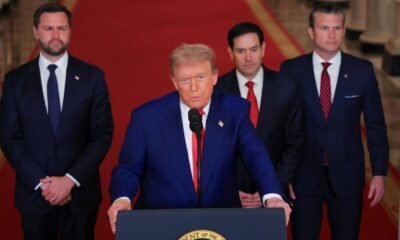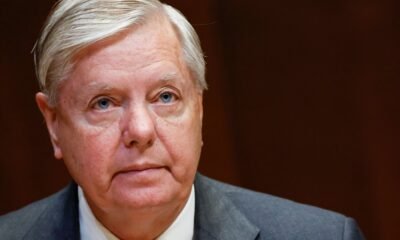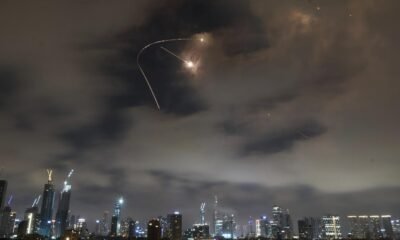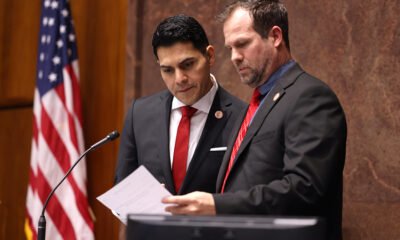cct-tracking
US Enters Israel-Iran Conflict with Strikes on Three Iranian Nuclear Facilities
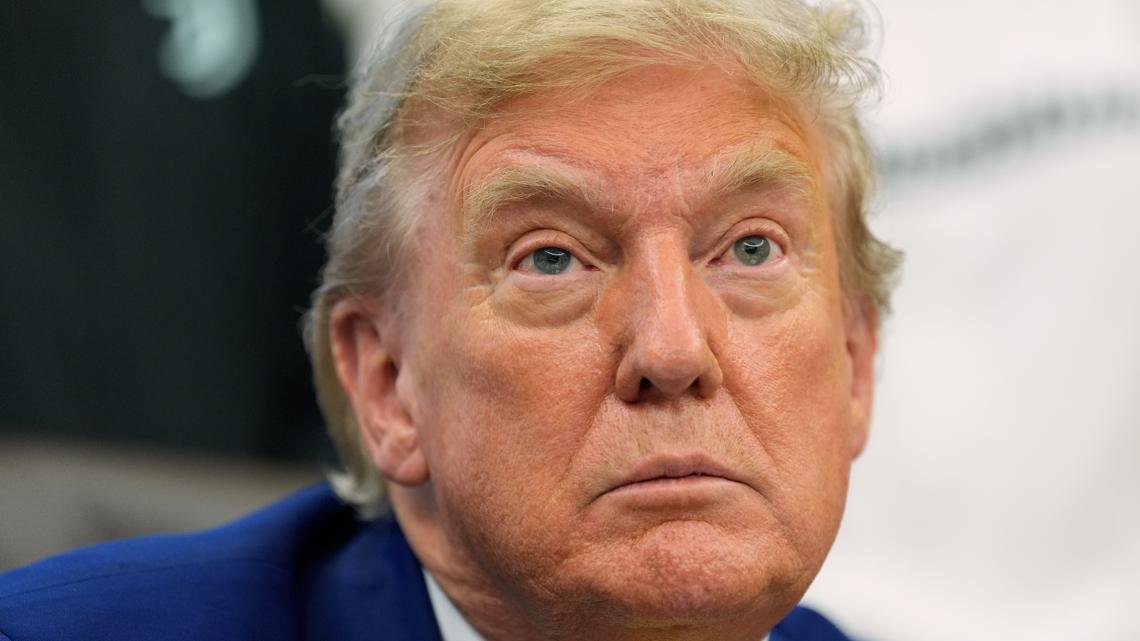
In a bold escalation, the United States launched strikes on three Iranian sites early Sunday, marking a significant shift in its role in the ongoing conflict between Israel and Iran. This development follows a week of intense Israeli airstrikes aimed at dismantling Iran’s nuclear capabilities.
President Donald Trump addressed the nation, asserting that Iran’s key nuclear sites were “completely and fully obliterated,” although no independent assessment of damage was provided. The exact future of U.S. involvement remains uncertain, as Trump acted without congressional authorization and indicated additional strikes could follow if Iran retaliated.
Iran’s Atomic Energy Organization confirmed the attacks targeted Fordo, Isfahan, and Natanz, but claimed its nuclear program would continue unimpeded. Despite U.S. assertions of a looming nuclear threat, Iran maintains that its nuclear ambitions are strictly for peaceful purposes, and U.S. intelligence suggests that Tehran is not actively pursuing a bomb.
The U.S. strikes utilized advanced bunker-buster munitions, specifically designed to penetrate underground facilities. Reports indicate that American stealth bombers conducted the operation under high-stakes conditions, emphasizing the military’s readiness to minimize collateral damage.
Netanyahu praised Trump’s decision, calling it a historical moment that showcases U.S. military power. He emphasized the unprecedented nature of this collaboration in efforts to dismantle Iran’s nuclear facilities.
In conjunction with the strikes, Israel has taken steps to close its airspace to flights, reflecting heightened tensions and security concerns in the region. The U.S. military has scheduled a briefing to discuss the operation’s specifics, intensifying public interest in the unfolding conflict.
U.N. Secretary-General Antonio Guterres expressed deep concern over the escalation of the conflict, warning of potentially catastrophic consequences. Iran’s leadership, including Supreme Leader Ayatollah Ali Khamenei, promised severe repercussions for U.S. actions, further exacerbating fears of a wider regional war.
As the situation evolves, international analysts are monitoring the risk posed by Iranian-backed groups in the region, with potential ramifications for U.S. interests globally.
